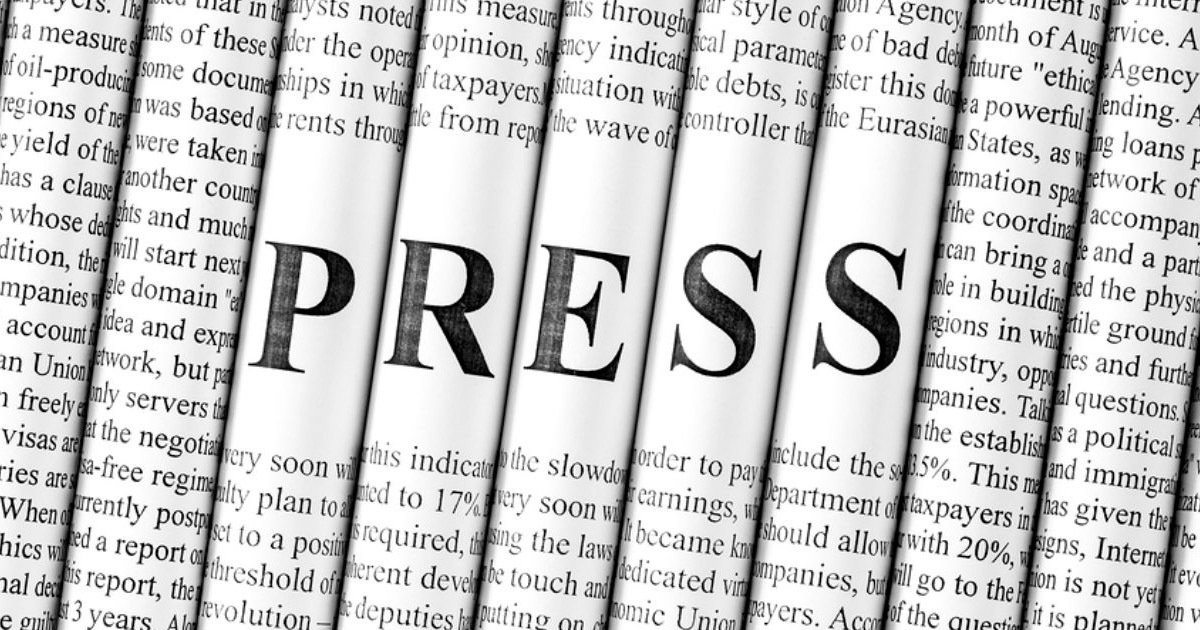The press essay is composed of its functions and responsibilities. This essay writing will help you to prepare CSS English essay and entry test.

The Press Essay Outlines
- Introduction
- Functions of Press
- Impact of Journalism
- Conclusion
The Press, Functions and Responsibilities Essay
To know what’s going on around us is a primitive instinct. In a smooth and uneventful mode of life, this instinct would be moderate and maybe spontaneous. But in ultramodern times, when each new dawn is likely to bring a momentous change, it’s hard to live in ignorance of the events. However, a feeling of vacuum grips our mind, if ever a review observes a vacation. The morning review is as necessary for a good launch to our day as a morning mug of tea. And this isn’t the case with the megacity-bred elites only. The generally tone-centered townie is inversely enthusiastic to know about the world. The two lakh plus readership that a popular Pakistani review enjoys moment is well spread over municipalities and towns.
Of course, the primary function of the review is to circulate news, original, public, as well as transnational. But along with the news, the review carries views as well. Whenever information is passed on to someone, it’s usual to add a direct or circular comment. This is a way to express views. The review performs this function purposely and with a well-defined purpose. A review is, in fact, a book, riser, platform, and forum, all in one. And there isn’t interest – religious, erudite, marketable, scientific, agrarian, or mechanical – that isn’t within its grasp.
It may therefore be described as the ‘people’s university.’ Someone might be interested in recent political developments in a neighboring country; another in the detailed report of some hockey, justice, or tennis match; still another in the outgrowth of a strike in an original council. A pupil of literature may look up to a review for a fair evaluation of the rearmost advents. A man of commerce would like to be acquainted with the current request trends. The planter is interested in the rainfall report and the newest inventions in the modes of land civilization. A pupil might be more attracted by the sports column or the scientific papers, or just the rearmost cinema releases.
A review is the most intimate friend of the politician, the most dependable companion of an average citizen, and the sole recreation of an old man. The review acts as a kind of liaison between the government and the people. It familiarizes people with the set of rules by the government. At the same time, it reflects the public response to this policy and therefore enables the government to modify it. Since it gives similar expansive hype to the movements of the ministers and other high-ups, it exercises a veritably sobering influence on them. It doesn’t let them forget that they’re in office as the representatives of the people to whom they’re eventually answerable.
Therefore, it keeps an important check on the corruption and despotism of the government. It’s maybe this aspect of a review’s function that urged Thomas Jefferson to remark; “Were it left to me to decide whether we should have a government without journals or journals without a government, I shouldn’t vacillate a moment to prefer the ultimate.”
It may be the most important function of a review in a popular government is to spread political mindfulness among the public. An average citizen has neither capability, nor will, nor the time to formulate and express original opinions on utmost of the issues. He seeks guidance from the review he subscribes to. The observant If journals can check corruption in the government, they can themselves be a victim of the worst kind of corruption. contest and competition may lead a review to be breezy and sensational. It may try to win cheap fashion ability by publishing scoops and dishonors or racy, snide but unwarranted gossip about the particular lives of the people in power.
It may color fact with fabrication or may disguise fabrication as fact and therefore mislead the millions. Since nearly every important review is either the organ of some political party or some business mogul, there’s every fear that it may immolate neutrality and fairness in the interest of the party or the existent. It may forget a report or suppress it. It may create such a statement that may contradict the objective of the speaker. occasionally, it might give deceiving and tendentious captions. A review run by a party with a collaborative bias can still be more dangerous. It can vitiate the entire social atmosphere of the country and shatter collaborative harmony journals frequently foster collaborative, indigenous, and religious battles among the millions.
It helps them to thrive but they accessibly forget at what cost. Some journals are unabashedly sycophantic. They glorify everything the government does, indeed those measures that are anti-people fractionation. These journals betray the millions to pursue the interest of their possessors.
This places a great responsibility upon the editors, the reporters, and the professional pundits of newspaper. However, we anticipate it to furnish us with authentic news only, if we depend upon it to get news. However, books, artistic events, if we place so important confidence in its reviews of flicks. It’s possible, to be honest indeed in the slant given to the interpretation of programs and events. Let a review be free to condemn and project a certain point of view if it deems reasonable but let it not misquote and misrepresent.




